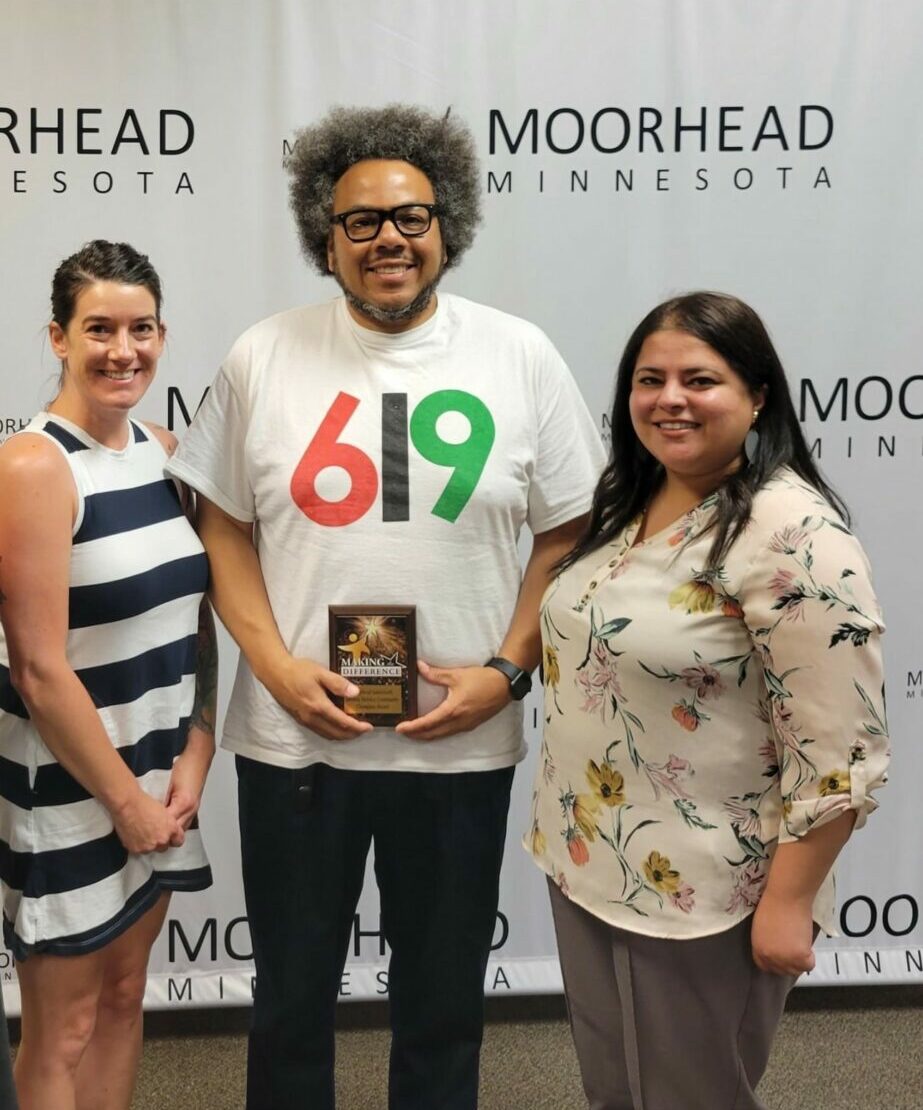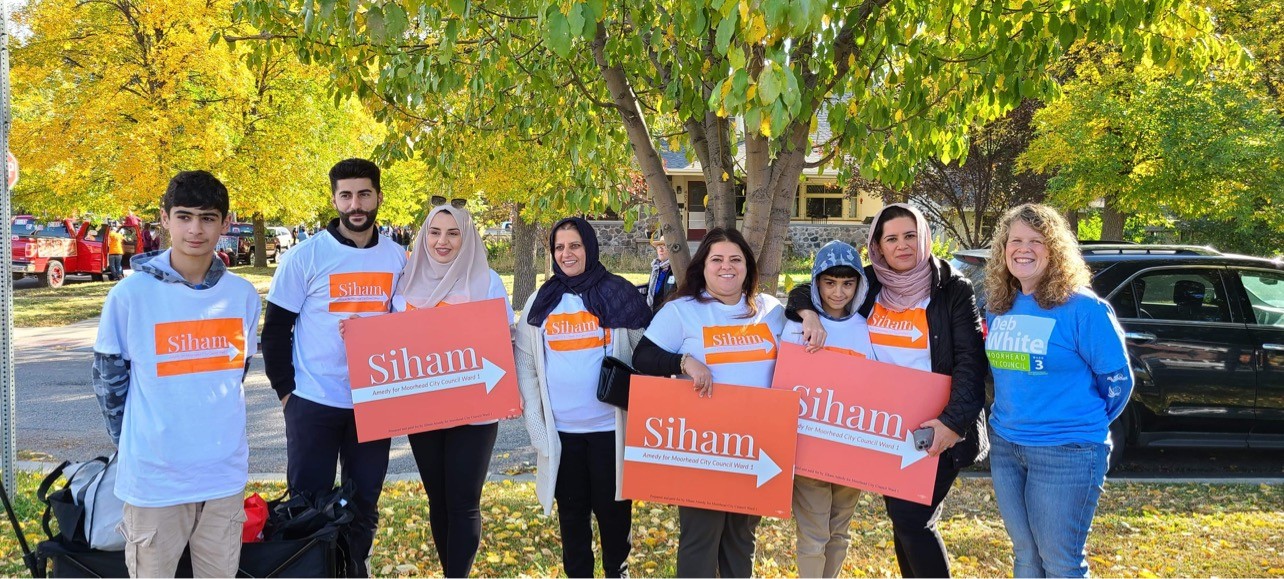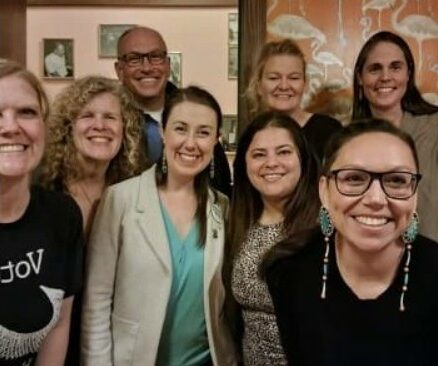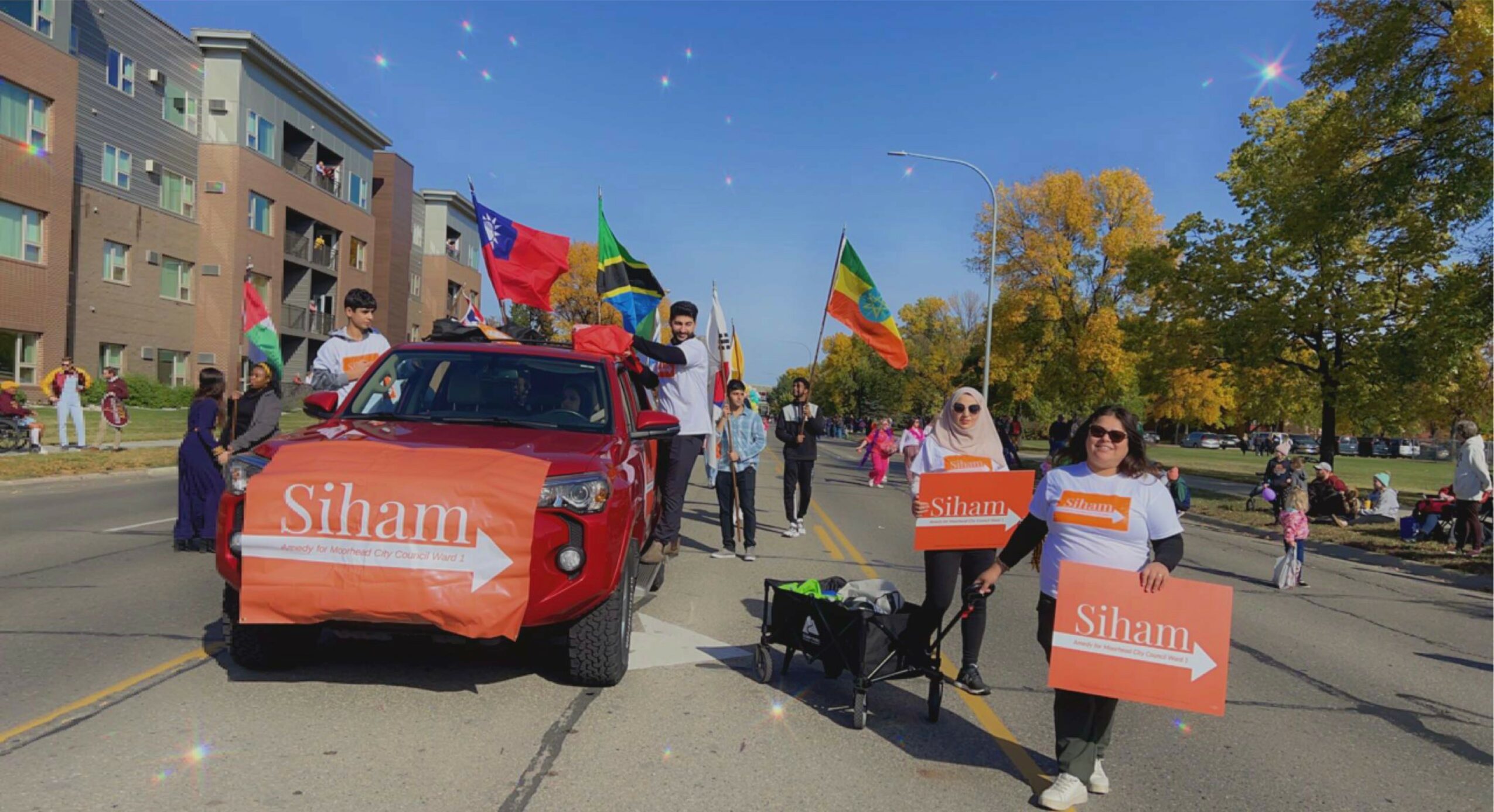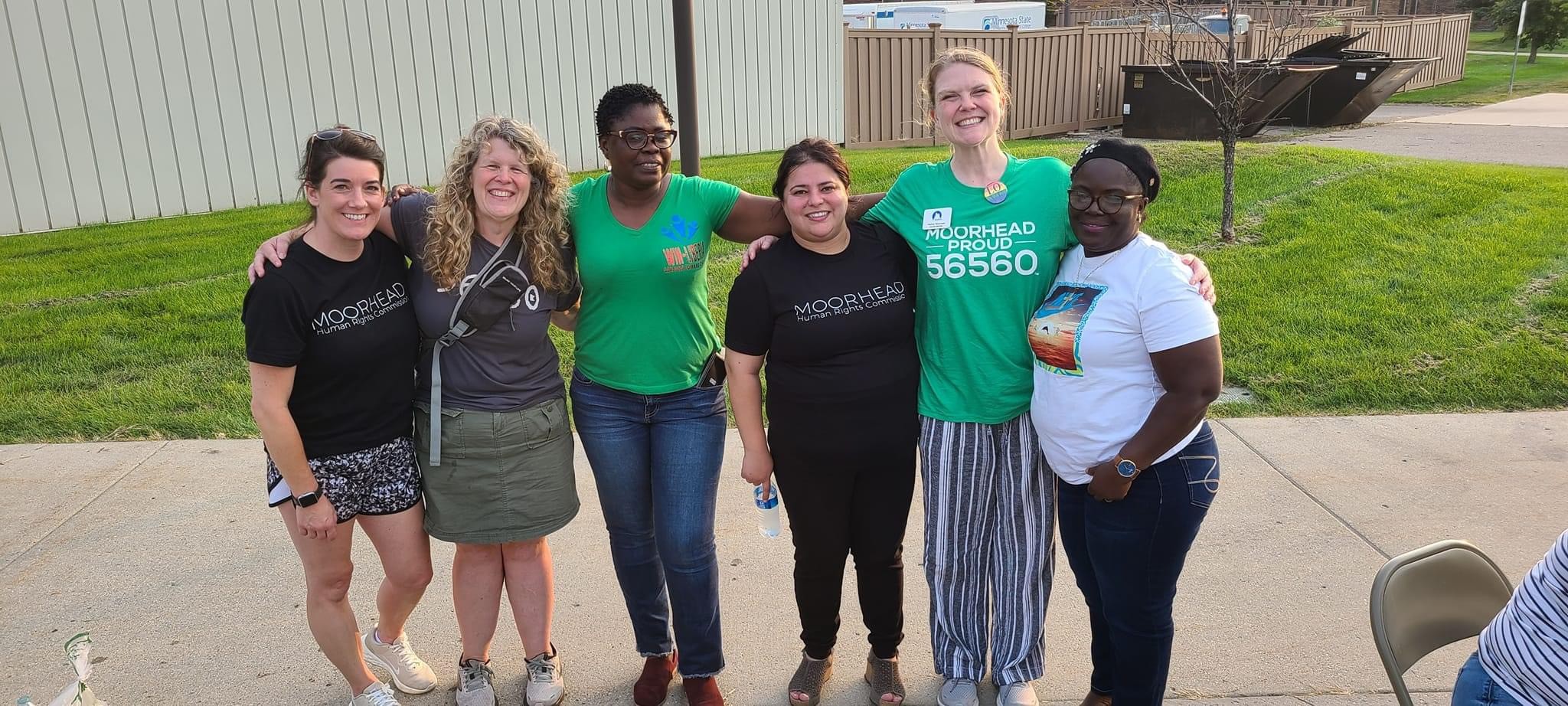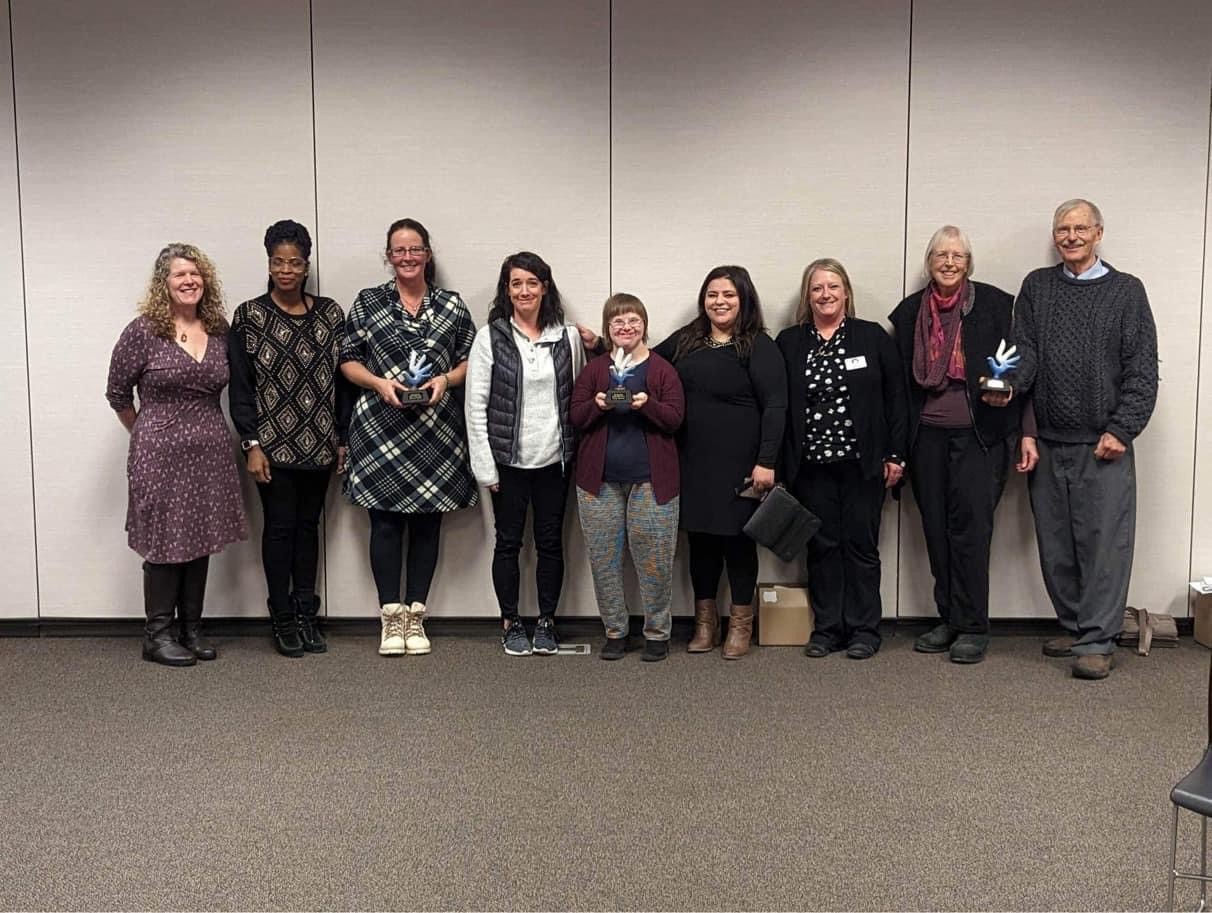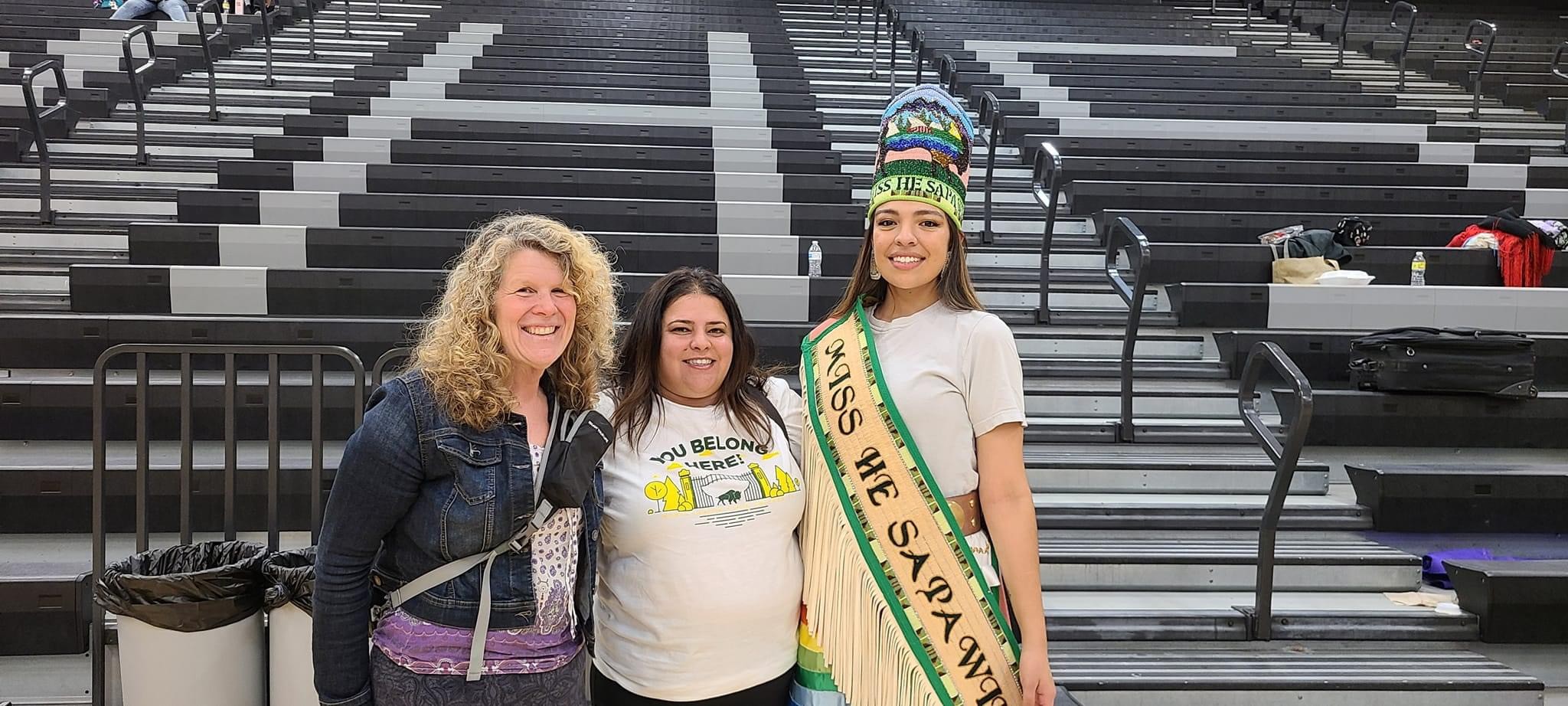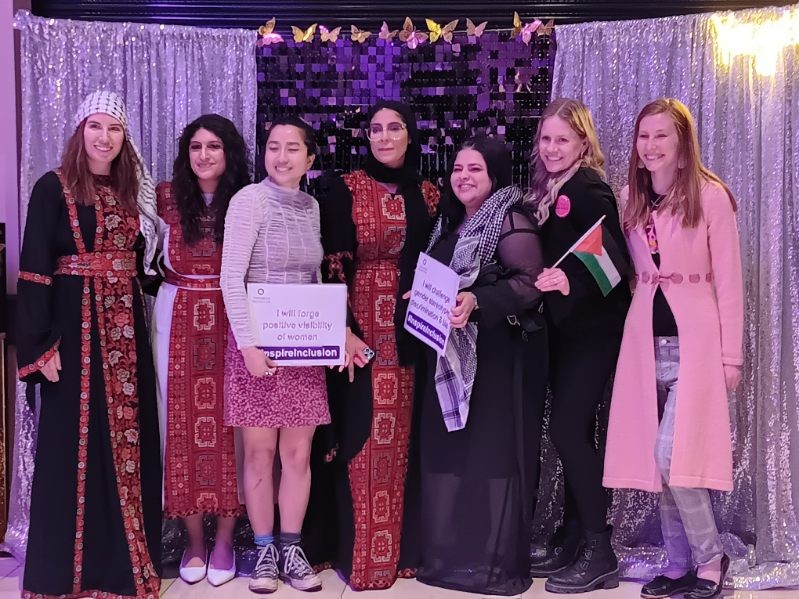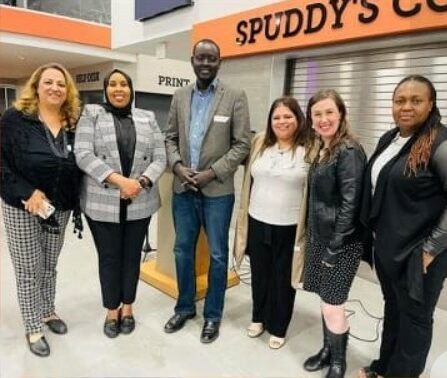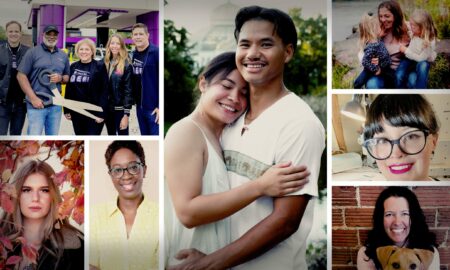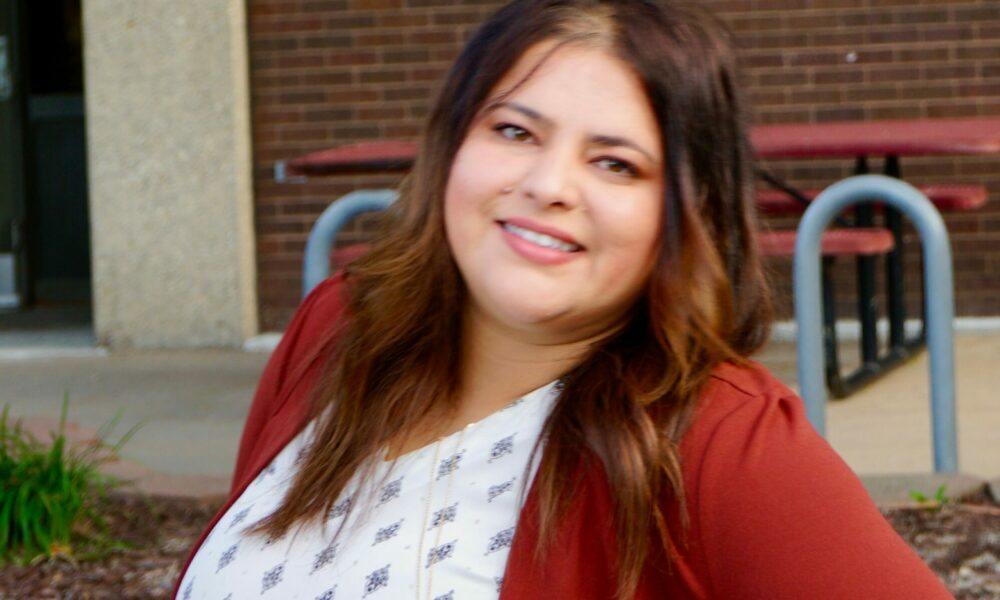

Today we’d like to introduce you to Siham Amedy.
Hi Siham, We are so excited to have you with us today. What can you tell us about your story?
I was born in Amediye, a picturesque and ancient city on the border of Turkey, during the tumultuous era of the Gulf War in Iraq. As a member of the Kurdish ethnicity, my early years were overshadowed by the targeted persecution of Kurds under Saddam Hussein’s regime. Shortly after my birth, my parents made the harrowing decision to flee into the Zagros mountains, fearing the deadly gas attacks perpetrated by Saddam’s forces.
Raised amidst the rugged beauty of the mountains, I spent much of my childhood with my grandparents, traversing winding paths and marveling at cascading waterfalls. However, the specter of conflict and instability loomed large, forcing us into a precarious existence of hiding from bombs and threats. Upon moving to the bigger city of Dohuk, my father, despite limited education, found work in various capacities, including with UNICEF and as an ambulance driver. My mother, just sixteen when I was born, faced the challenges of motherhood amid the harsh realities of sanctions that disproportionately affected Kurdish families like ours.
Despite the hardships, our family expanded, and I assumed the role of eldest sibling to three younger brothers and sisters. We faced periods of homelessness and scarcity, yet the resilience of the Kurdish spirit sustained us through adversity not only in Iraq but across the region. Recognizing the diminishing opportunities in Iraq, my father sought a better future for our family. Through Operation Pacific Haven, he secured a chance for us to be resettled in the United States as asylum seekers. Our journey led us to Guam, where we waited anxiously for six months before relocating to Fargo, North Dakota, in 1997. In Guam, we made a community, and everyone from the same region as me was my cousin or relative, although we were not related. It wasn’t obvious to teachers. The community we relocated to lived in the same neighborhood. This helped lessen the unknown and yearning for our family back in Kurdistan.
Arriving in a foreign land with little support and a newborn sibling, we confronted the daunting adaptation task. My father toiled tirelessly in laborious jobs while I, at a tender age, assumed the responsibility of navigating bureaucratic complexities and providing for my family’s needs. Amidst the challenges of assimilation, I found solace in books and education, striving to excel academically despite facing discrimination and isolation from peers and educators alike. I became proficient in English, shouldering the burden of familial responsibilities while grappling with the guilt of leaving loved ones behind in Iraq.
Transitioning to Minnesota, I remained steadfast in my pursuit of academic achievement, balancing rigorous coursework with a full-time job at fast food. Despite facing ridicule and ostracism, I persevered, determined to carve out a brighter future for myself and my family. I was on the student council and participated in Key Club and sports. My peers were annoyed and would not allow vote for me for leadership roles; often, as I sat in advanced classes and heard my peers speak of lake houses and ski trips, they never even acknowledged me in their presence. I committed, often did programs, and went out of my way to support my peers and educators. I realized quickly that I was in a society that valued the status quo. I had to break culture molds to convince my parents there was more to education than studying; I overcompensated for my peers and community and was left with no recognition. I was shuffling my parent’s social services paperwork between my jobs, studies, and volunteering. The county worker was terrified, and I felt the system was out to get us. I was also trembling at the thought of papers in the mail. As a ten-year-old, I was crying because I felt like the system was out to get my family. In my senior year, I was not given the leadership roles I coveted and worked hard for throughout the years; my long-term volunteerism and commitment did not matter; I was a poor, foreign girl. I helped my parents purchase their first home during the chaos of my adolescence, going to the home signing and explaining the things I had no idea about. All the while, I continued to find stable employment for my parents and mentor my siblings. Life experiences meant little for college applications.
I became a US citizen in 2009. There were many ironic moments in my life and achievements my parents did not know how to support, including graduation and graduation parties and going to college. Growing up, I felt a sense of shame about my living circumstances, which primarily consisted of housing projects or low-income housing until I turned eighteen. I feared my peers discovering the truth about where I lived. My parents worked tirelessly to provide for our family; my mother held a job cleaning hotels, and my father worked as a laborer, often overnights. Despite their limited opportunities, they went above and beyond to support us.
The challenges my parents faced fueled my determination to strive for more. While our neighborhood was predominantly low-income Kurdish refugees, I found solidarity and connection with our Hispanic and Asian neighbors, forming a tight-knit community. Despite craving acceptance and success, I often found myself navigating institutions and spaces without the presence of my cultural community. It wasn’t until later that I came to appreciate the richness of my Kurdish heritage. Our cultural celebrations, weddings, picnics, and unwavering hospitality underscored the depth and importance of our traditions, fostering a sense of belonging and pride that I hadn’t fully recognized before.
However, the path to success was fraught with obstacles, as I encountered systemic barriers and a lack of support in higher education. Despite my efforts to excel in STEM studies, I found myself marginalized and overlooked, a minority within a minority struggling to find my place in a society that often seemed indifferent to my struggles. I volunteered equally hard in my higher education and could not get accepted by my peers. I gave lectures humanizing brown and Muslim people; I became curious and asked what about the Indigenous people of the land we live on. Even through my efforts on the Campus Service Commission and Student government, I was again shut out of leadership by my peers and the lack of acceptance. I was only recognized and acknowledged by my peers when I could provide them with a favor. I was resourceful and was working at the hospital full time; my classmates needed me for reference and advice. I witnessed nurses making fun of the brown residents and doctors from afar. I realized even as professionals, BIPOC and new Americans were going to be thought of as less than others. My professors made fun of me by calling me out for my religious background in front of my whole class. I still remember their names, expressions, and smirks as they made those comments. They still teach at the institution.
Balancing my studies, volunteer commitments, and work responsibilities was challenging enough, but I also bore the weight of being the primary financial provider for my family. As my siblings reached working age, I assumed the role of peacemaker and mediator within our household. All six of us grappled with the frustrations of shouldering financial burdens from a young age while watching our peers enjoy opportunities that seemed out of reach for us. At times, we longed for the simplicity of growing up within a single culture rather than straddling the complexities of dual identities and feeling like we were living only half a life. Our visit to Kurdistan in 2009 proved a culture shock for my family. We, the children, did not feel at home. I remember the first day I told my advisor I was visiting my birthplace with eight family members. The professor smirked and looked in bewilderment. I have seen that look of amusement, ridicule, and superiority multiple times in my life from a young to the present day.
My parents, driven by their fear of the unknown and desire to protect us, imposed strict rules that often felt suffocating. They harbored deep anxieties about losing us to the challenges of assimilation. Like me, my siblings embarked on their journeys of early employment, unaware of the resources and support systems available to help us thrive. Guiding them through life’s uncertainties became another responsibility I shouldered despite my limited knowledge of navigating these systems and accessing resources.
As I graduated, I grappled with disillusionment, realizing that despite my efforts and dedication, the opportunities I had hoped for remained elusive. The institution that held power in their promise of rights, I realized, was for the already privileged. Yet, I refused to succumb to despair, drawing strength from the resilience instilled in me by my Kurdish heritage and life experiences. Though the road ahead may be uncertain, I am determined to strive for a future where my voice is heard and my potential realized, no matter the odds stacked against me. I was determined to continue my education professionally; however, I realized I needed to work because of the student loans I had accumulated attending a private school. I wish I had guidance at eighteen years old to pick the right college so that I would not compare myself to my upper-middle-class peers. Nevertheless, I have a story of persistence. Some people have believed in and accepted me for a beat journey. Some teachers, professors, and peers were supportive. I am grateful for the opportunity to obtain an education, although it came at a significant cost.
I’m sure it wasn’t obstacle-free, but would you say the journey has been fairly smooth so far?
The road to where I stand today has been far from smooth. Despite believing that pursuing education at a respected institution and volunteering would open doors for me, I encountered numerous obstacles. Despite years of dedication and hard work in entry-level positions, I was consistently overlooked for advancement opportunities and leadership programs within my community. It became painfully clear that my identity and lack of connections hindered my professional growth. My peers with the same degrees and education were advancing in their careers. The programs and the acceptance I longed for in leadership programs were dangled in front of me. I did get married right out of college. I am unconventional way even by my Kurdish American peers in the way I met my partner as a semi-arranged but not forced union. I still wanted to respect my parent’s wishes. My partner is supportive and grew up in the Kurdish diaspora in Germany. Navigating the world of cultural expectations is challenging, and immigration and society with barriers to employment make it even more difficult. It adds more vulnerability as a woman trying to create change. I am trying to educate my community on local issues and the greater community on diversity, equity, inclusion, and human rights for all genders, ethnicities, and spirituals, both in my community work and my career.
Throughout my adolescence and childhood, I faced discrimination and isolation from the very community I called home. Despite striving to meet societal expectations both within my culture and community, I was met with a constant refrain of not being “enough.” My first foray into the professional world only reinforced this sentiment, as I was ostracized and denied opportunities to progress.
I hoped to pursue a healthcare career and further my education with a graduate or professional degree, driven by the immigrant belief that success is measured by becoming a doctor, lawyer, or engineer. However, even in roles within social services, I found myself hitting walls and unable to advance. It took numerous applications and interviews before I finally secured a higher-education position, drawing on my experiences as a first-generation, low-income student. Yet, even in this role, I continued to face challenges and discrimination, particularly as a woman of color within my cultural community. I returned to graduate school after ten years of being out of school. The trauma of my undergraduate experience prevented me. My passion is community health and social justice, which are the core of public health. I am still working on my degree.
Despite the hurdles, I remained committed to supporting my community and advocating for social justice. I took on various roles, including assisting minority women in obtaining licenses, jobs, and housing, effectively becoming an unofficial social worker alongside my daytime jobs. I recognized the pervasive discrimination in my area yet persisted in my efforts to make a difference. I am incredibly passionate about the social determinants of health and adequate and quality community housing.
My time on the Human Rights Commission in Moorhead and working in low-income housing in a diverse neighborhood have inspired me to run for city council despite the odds stacked against me. Though I did not emerge victorious, the experience was invaluable, teaching me resilience in the face of adversity. Despite moments of belittlement and intentional exclusion, I found solace in the support of a group of individuals who championed my cause and guided me through the process. The volunteer and grassroots efforts I participated in led me to more significant opportunities for leadership. I have met amazing and supportive women leaders who are elected officials who support marginalized voices, such as Shelley Dahlquist, Deb White, Heather Neismeier, Jenna Kahly, Marissa Ahlering, Celeste Koppe, and Lorilee Bergin, all voices of empowerment.
Through it all, I learned that representation matters and that my life experiences hold value in shaping a more inclusive and diverse community. While the journey has been arduous, I remain steadfast in my commitment to breaking down barriers and fighting for social justice, no matter the obstacles. Over the last twenty years, my community has grown and is providing support to marginalized and lower socioeconomic individuals. These are services that teenage and college students, my peers, and siblings could have used. One of my younger family friends said you walked so we could run.
I can share my story in different spaces with people who genuinely work on social justice issues. I have been allowed to share in the community over the past few years as a survivor of war, poverty, and systemic discrimination both in my birthland and the place where I grew up. Despite sometimes feeling like I have made the changes and had the impact I wanted to make, I still believe there is power in showing up and asking to be heard.
Can you tell our readers more about what you do and what you think sets you apart from others?
At Creating Community Consulting, I specialize in advancing equity and capacity-building for local nonprofits. Through my experiences in higher education and volunteering with organizations like Inclusive Moorhead, I’ve realized the transformative power of community-driven initiatives in fostering inclusivity and social change. Karen Pifher and Megan Jenson are changing how community work is executed and developed.
My journey has taught me that success isn’t always linear; it often requires challenging and dismantling the systems and structures that perpetuate inequality. This realization has fueled my passion for advocating for policy and systemic changes that break down barriers and promote equity for all. What sets Creating Community Consulting apart is our commitment to valuing life experiences and recognizing the intersectionality of those experiences. We understand that progress comes from harnessing the collective power of individuals and communities, particularly those historically marginalized or underrepresented.
One of my proudest accomplishments is leaping to join Creating Community Consulting as a Project Lead and embracing a new journey dedicated to advancing equity. Despite initial apprehensions, I’ve been inspired by the resilience and dedication of my colleagues and the communities we serve. Together, we strive to co-create innovative solutions to complex social and economic issues rooted in the lived experiences of those most affected. Our team works on making communities more welcoming.
The other roles tie together; I am currently Chair of the Human Rights Commission in Moorhead. I sit on several boards, such as the University of Minnesota Extension in Clay County and The New American Consortium. I want to ensure my career and work are authentic and empowering in all my roles. My authentic and supportive network colleagues and peers have nominated me for an award locally. I truly would feel empowered by their friendship and allyship.
As a millennial and an immigrant, I bring a unique perspective to my work, informed by firsthand experiences navigating systems that often overlook or marginalize certain voices. This perspective allows me to build authentic relationships and connect meaningfully with individuals from diverse backgrounds, fostering collaboration and understanding across multiple facets of community life. I’m proud to be part of a team committed to challenging the status quo, empowering communities, and creating a more equitable and inclusive future for all.
Do you have any big plans?
I aspire to continue my work within local community engagement and advocacy, promoting equity and fostering a sense of belonging for all. I am passionate about advocating for those who, like me, have experienced the challenges of finding a home and belonging in a world that often marginalizes specific communities. I am eager to continue learning from visionary leaders and seeking out opportunities for connection and exploration, such as my recent experience through a rural exchange program and work in civic engagement with regional foundations and local governments. Giving back to my community and paving the way for the next generation is my priority, as is honoring my heritage and my parents’ sacrifices by creating pathways out of poverty.
Despite our struggles, I wouldn’t trade the resilience and hospitality ingrained in our heritage for anything. My goal is to find profound opportunities that make my community proud and validate the hardships my parents endured to pursue a better life for us. I envision establishing support networks to uplift individuals and communities, recognizing that traditional education is not the sole measure of value. I have learned invaluable lessons from my mother, who lacked formal education but imparted wisdom and resilience that have shaped my worldview. Persisting on finding solutions to local and global challenges such as poverty, sustainability, housing insecurity, and inequality is paramount to me. I am committed to amplifying the voices of those whose experiences have been unheard or overlooked, championing inclusivity and equity in all aspects of life. The area has many challenges to overcome as the population continues to grow and diversity in all aspects of life. I will continue to seek education and opportunity.
Contact Info:
- Website: https://www.creatingcommunityconsulting.com/
- Facebook: https://www.facebook.com/siham.amedy
- Linkedin: https://www.linkedin.com/in/siham-amedy-2b8314280
